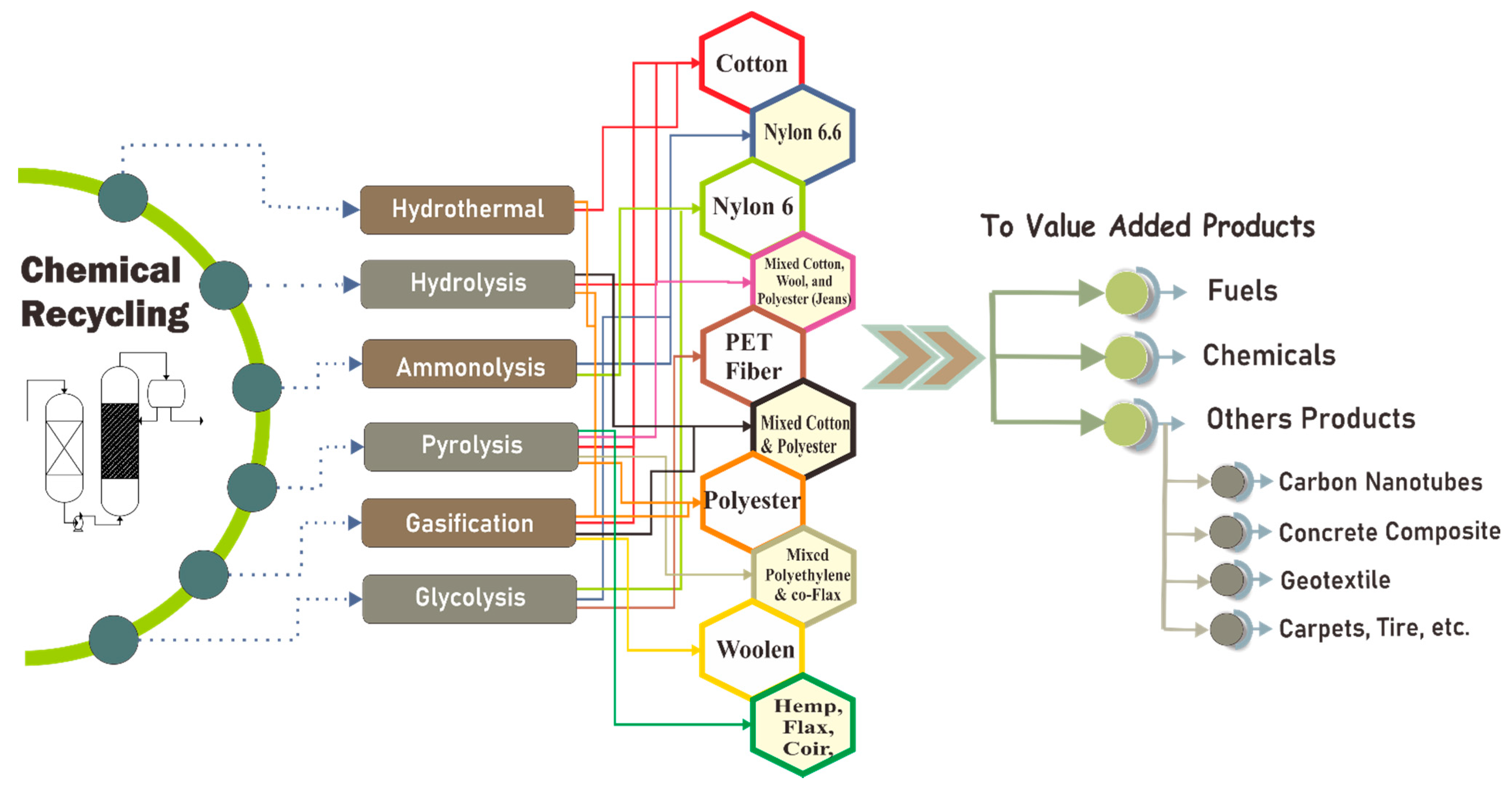The fashion industry contributes to a significant environmental issue due to the increasing production and needs of the industry. The proactive efforts toward developing a more sustainable process via textile recycling has become the preferable solution. This urgent and important need to develop cheap and efficient recycling methods for textile waste has led to the research community’s development of various recycling methods. The textile waste recycling process can be categorized into chemical and mechanical recycling methods. This paper provides an overview of the state of the art regarding different types of textile recycling technologies along with their current challenges and limitations. The critical parameters determining recycling performance are summarized and discussed and focus on the current challenges in mechanical and chemical recycling (pyrolysis, enzymatic hydrolysis, hydrothermal, ammonolysis, and glycolysis). Textile waste has been demonstrated to be re-spun into yarn (re-woven or knitted) by spinning carded yarn and mixed shoddy through mechanical recycling. On the other hand, it is difficult to recycle some textiles by means of enzymatic hydrolysis; high product yield has been shown under mild temperatures. Furthermore, the emergence of existing technology such as the internet of things (IoT) being implemented to enable efficient textile waste sorting and identification is also discussed. Moreover, we provide an outlook as to upcoming technological developments that will contribute to facilitating the circular economy, allowing for a more sustainable textile recycling process.

Transition-metal-free radical homocoupling polymerization to synthesize conjugated poly(phenylene butadiynylene) polymers - Polymer Chemistry (RSC Publishing)

Polymers, Free Full-Text, passfeder 5mm
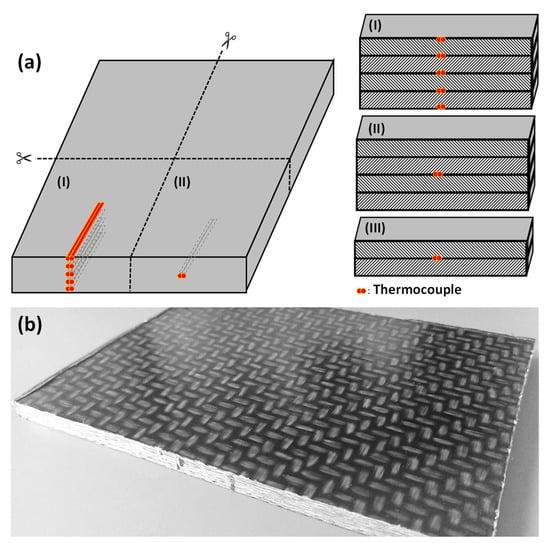
Polymers, Free Full-Text, Conductive Thread

represents the details of unbiased simulation with single polymers

Summarized results (average) for super absorption polymers (SAPs)
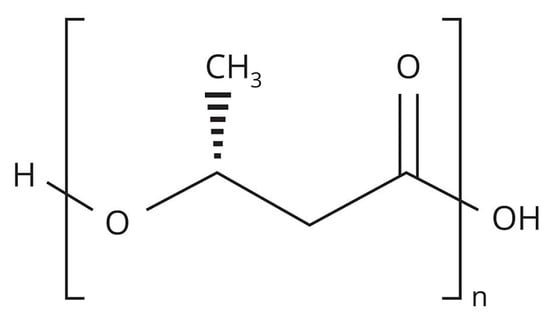
Polymers, Free Full-Text

Polymers: Basic Principles - ScienceDirect
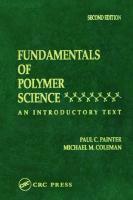
Fundamentals of Polymer Science: An Introductory Text [Second edition] 9780203755211, 0203755219, 9781351446396, 1351446398

Synthetically tunable polymers, free volume element size distributions, and dielectric breakdown field strengths - ScienceDirect
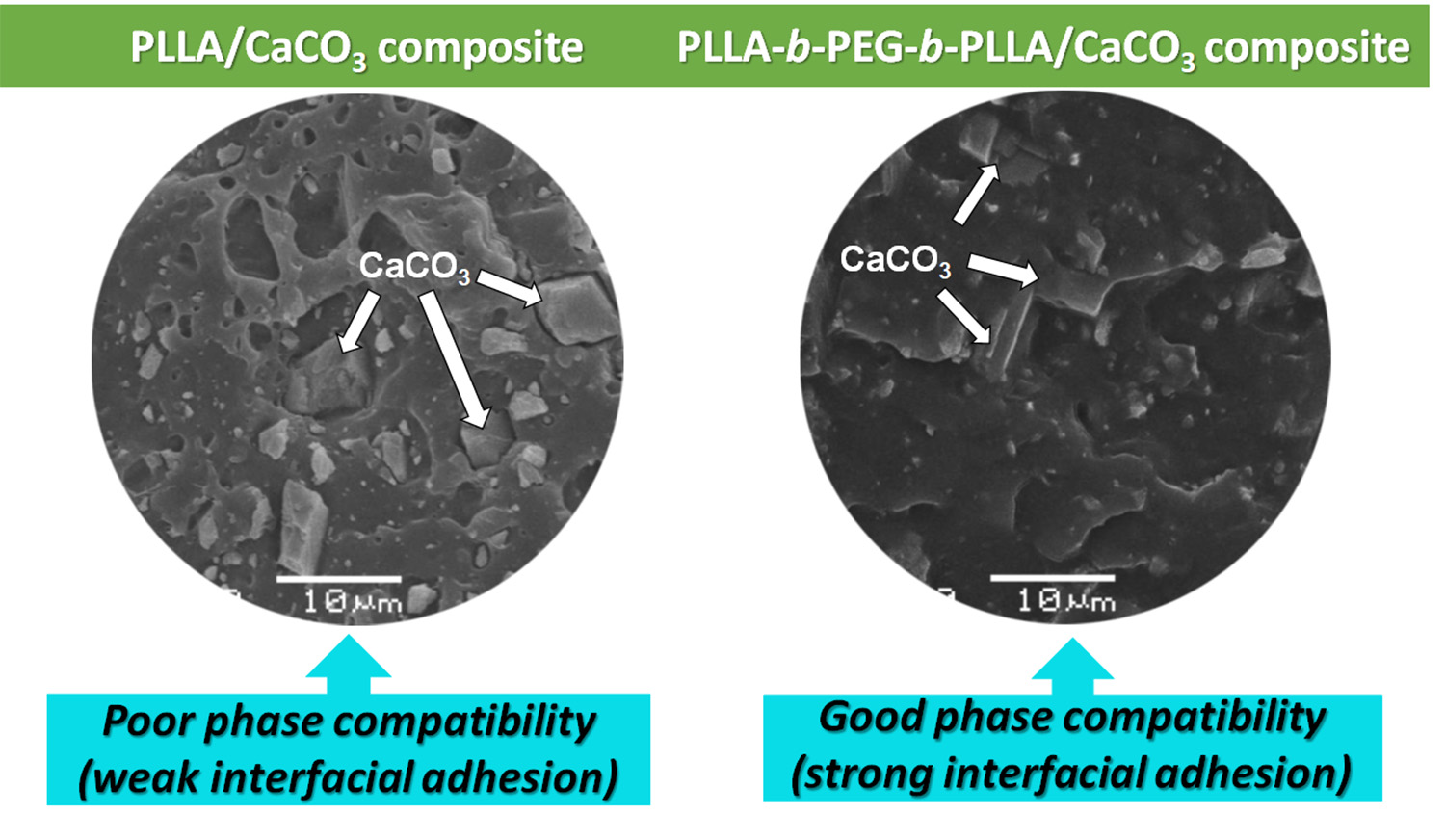
Polymers, Free Full-Text









:max_bytes(150000):strip_icc()/textile-recycling-facts-and-figures-2878122_final-339f59458a6946c9bdd4a4ba62476b7c.png)


